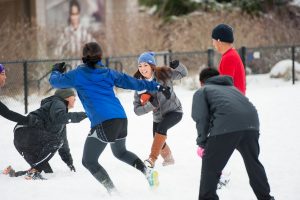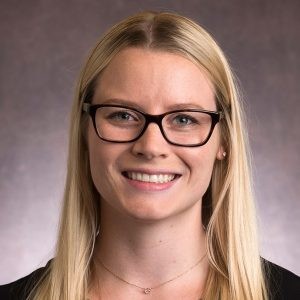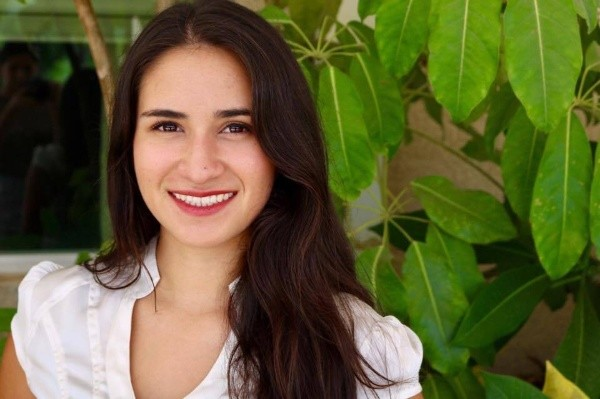Is your student interested in taking courses at another institution over the summer or participating in a study abroad program other than through UP? Does your student want to make sure that their external credits will count at UP? If so, they should have their external courses reviewed for pre-approval through their school or college, each of which has their own processes and requirements for approval. See below for some general guidelines, although we highly recommend students check in with their School or College to confirm requirements.
The bottom line is that in order to confirm that credits will transfer, students need to get approval to take external classes before they take them. Only classes taken for a grade (must earn at least a C) can be transferred. In addition, quarter credits transfer in as 2/3 a semester credit.
For College of Arts and Sciences, School of Education, Pamplin School of Business, and School of Nursing:
Students should email their Program Counselor with the following information:
- Name & UP Student ID number
- The course(s) students want to take at another institution with as much information as they can acquire, such as course description, syllabus, etc.
- Whether the other institution is a semester or quarter institution
- What course/requirement at UP they would like the course(s) to apply towards (e.g. a specific UP course, general elective hours, etc.)
Program Counselors:
- College of Arts and Sciences: cas@up.edu
- School of Education: Kelly Brown, brownke@up.edu
- Pamplin School of Business:
- First-Year & Sophomores: Molly Cullen, cullenm@up.edu
- Junior & Seniors: Alison Knoedler, knoedler@up.edu
- School of Nursing: Kristen Kordecki, kordecki@up.edu
The process for review and response usually takes 1-2 weeks from the date of submission. However, during the busy season (such as registration periods, beginning/end of semesters, etc.) the process can take longer, so it is highly encouraged that students submit their request for approval in advance.
Suggested Deadlines to Submit Requests:
- Courses to be taken over the Summer: March 1
- Courses to be taken during Spring semester: October 1
- Courses to be taken during Fall semester: July 1
For Shiley School of Engineering:
All Engineering students who intend to take transfer courses over the summer should complete a special internal approval form through the Shiley School of Engineering. Since there are many nuances to the Shiley School’s ABET accreditation requirements related to credit minima, etc., the only way to ensure that the transfer course will fulfill a specific degree requirement is by completing a “Transfer Course Pre-Approval Request” form, even if the course appears to be equivalent in the TES (Transfer Equivalency System) online database. This form can be found on the Engineering Students page within PilotsUP, or in Shiley 226 (the Shiley Dean’s Suite). The process for transfer course evaluation and response usually takes 1-2 weeks from the date of submission. However, during busy seasons (such as registration, beginning/end of semester, etc.) and for more complex course evaluations, the process can sometimes take longer.
To find out more, Engineering students should email Jamie Merritt, Program Counselor for First and Second Year Students, or Lindsay Chelton, Program Counselor for Upper-division and Graduate Students.




 Megan Cohara works in the
Megan Cohara works in the 